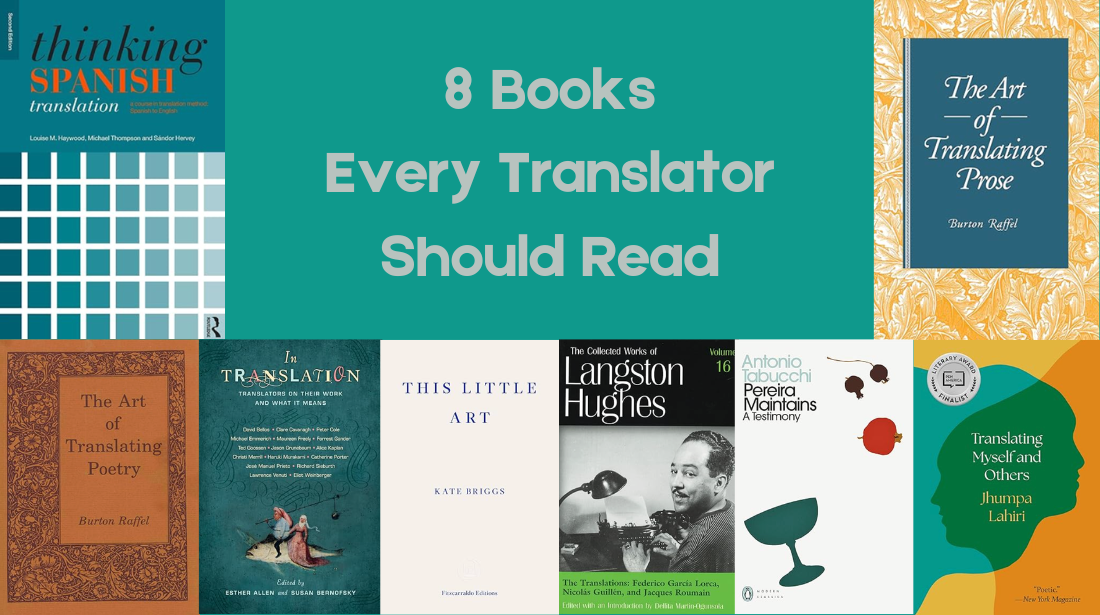Media-Savvy Author: Incorporating Self-Care Into Your Writing Routine
Paula Rizzo explains why taking care of yourself should be a critical part of every writers writing routine.
[This article first appeared in the July/August 2025 issue of Writer’s Digest.]
If you feel like everyone around you is committed to being busy and doing more, you’re not alone. It’s almost like a badge of honor to be spread too thin. This is especially true if you’re in a creative field.
Why is this so common among writers? Well, you might feel excited by all the projects and ideas you have, so you commit to too many things. You might also feel external pressure, like you need to say “yes” too often because you don’t want opportunities to pass you by or your social media feed will look like you’re not doing enough.
Whatever the cause, it’s common for writers to get caught in the cycle of overwork and overcommitment. I know, because it happened to me.
A year after my first book, Listful Thinking: Using Lists to be More Productive, Highly Successful and Less Stressed, was published, my appendix burst. That’s a very dramatic and dangerous way for your body to tell you to slow down and reprioritize. I was too busy to listen to the signs my body was sending me. I thought I didn’t have time to go to the emergency room and so instead I just pushed through it. When I finally got to the ER, my appendix had ruptured, and I needed emergency surgery. That was followed by another procedure to pull toxins out of my body. In total, I spent eight days in the hospital, six weeks out of work, and more than a year recovering.
At the time, I was still keeping the momentum going after my book launch. That meant I was saying yes to every networking event, every media inquiry, and every speaking engagement. Plus, at the time I was working full-time as a senior health producer at Fox News Channel in New York City. I was juggling all my responsibilities at work, my side hustle, plus all that goes into being a wife, daughter, and friend too.
I needed to get back on track—but in a different way. I couldn’t go back to the way I’d been doing things. I had no choice but to embrace a new mantra: Rest is the new hustle.
That’s what I had in mind when I was writing my second book, Listful Living: A List-Making Journey to a Less Stressed You. Yep—that book was an exercise in putting self-care into my writing and life routine. And it’s something I talk about all the time with other authors.
An early reader of the book put it best. She said, “The hustle that got you here won’t get you there.” So, what does that mean for avoiding burnout and incorporating self-care into your writing practices?
Here are some tips to get you started:
1. Engage different parts of your brain.
Staring at a blank page and feeling stuck is something that happens to every writer. But it’s more than a temporary inconvenience when you’re on a deadline—it’s also a sign of burnout and creative stagnation. In order to get the juices flowing, you need to engage different parts of your brain. If you find yourself stuck like this, it’s important to make a switch and take care of yourself at that moment.
Listen to yourself. What would feel comforting and healing to you right now? It’s so rare that we actually take the time to ask this question and really listen to the answer.
It might look like resting your brain for a few minutes. Actually closing your eyes, taking a few deep breaths, and noticing sensations in your body can make a big difference. Scrolling on your phone doesn’t count!
You might choose to do something playful—whether that’s doing a little doodling or being silly with your dog. Something that involves movement is always a good idea—Harvard Business Review recently reported on research that found movement releases a chemical that boosts your brain!
You could also complete a short, constructive task that gives you a little burst of satisfaction and competence—like unloading the dishwasher or watering your plants.
These actions all utilize different parts of your brain. They act like a reset so that you can come back to your writing feeling renewed and fresh.
2. Schedule your breaks.
We all need breaks. But as writers, it can be easy to try to power through. That’s how I got stuck with a burst appendix, after all!
Try to schedule breaks in your day—yep, intentional breaks where you’re not thinking about work at all. Put them in your calendar and let people you work with know when you won’t be reachable.
Stay accountable to yourself and actually take those breaks. You can always decide ahead of time what you want to do during your break, like meditate, take a walk, or catch up with a friend. If you love nature but it’s too cold to go for a walk, put on a documentary about animals or the ocean. Do what works in the moment. Be flexible.
3. Embrace that writing isn’t just writing.
I often hear from my writer friends that they feel guilty for doing self-care when they think they should be writing. I’ve felt this way myself.
But it’s essential to remember that writing is a practice that needs to be fed away from the computer or the notebook. Writing is more than just writing. Being a good writer means being open to the world. Those experiences are not separate from writing. Going out, staying in, being curious, trying new things, enjoying your routines—these are all fuel for your writing.
4. Check in with yourself.
It’s great if you can do all these things. But even just a small change will yield big results. However, we all get bogged down with our regular routine and don’t take a minute to pause and reflect. If you don’t see the benefits, you won’t continue. Whether you journal about it or put it in your digital calendar—make a note of how you feel after you take some time for yourself. Does your writing seem to get easier? Are you happier when you give yourself breaks? Do this for a few weeks and see what the results find for you. Then you can make adjustments as needed.
To avoid burnout and feed your creativity, it’s essential to take care of yourself physically and emotionally. However you choose to make self-care part of your routine as a writer, don’t forget that it’s one of the best ways to grow your creativity and invest in your success. Remember we are all a work in progress.
Paula Rizzo is an Emmy Award-winning television producer, bestselling author of Listful Thinking & Listful Living, media-training coach, speaker, LinkedIn Learning Instructor, host of the live-stream show “Inside Scoop,” and creator of the popular online training Media-Ready Author. Grab Paula’s free guide, 10 Media Questions Every Author Needs to Answer, to create buzz for your book.







